Current situation on an historical perspective
A new war
by Robert Kagan for Foreign Affairs
June 14th 2022
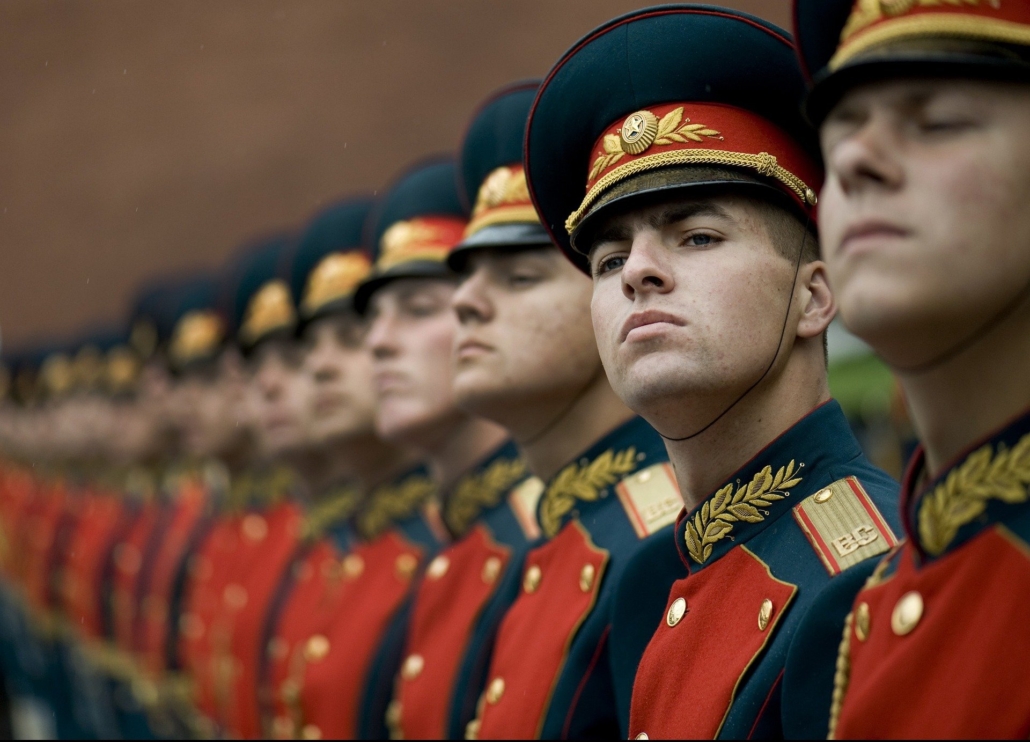
Many Americans tend to equate hegemony with imperialism, but the two are different. Imperialism is an active effort by one state to force others into its sphere, whereas hegemony is more a condition than a purpose. A militarily, economically, and culturally powerful country exerts influence on other states by its mere presence, the way a larger body in space affects the behavior of smaller bodies through its gravitational pull. Even if the United States was not aggressively expanding its influence in Europe, and certainly not through its military, the collapse of Soviet power enhanced the attractive pull of the United States and its democratic allies. Their prosperity, their freedom, and, yes, their power to protect former Soviet satellites, when combined with the inability of Moscow to provide any of these, dramatically shifted the balance in Europe in favor of Western liberalism to the detriment of Russian autocracy. The growth of U.S. influence and the spread of liberalism were less a policy objective of the United States than the natural consequence of that shift.
Russian leaders could have accommodated themselves to this new reality. Other great powers had adjusted to similar changes. The British had once been lords of the seas, the possessors of a vast global empire, and the center of the financial world. Then they lost it all. But although some were humiliated at being supplanted by the United States, Britons rather quickly adjusted to their new place in the firmament. The French, too, lost a great empire, and Germany and Japan, defeated in war, lost everything except their talent for producing wealth. But they all made the adjustment and were arguably better for it.
There were certainly Russians in the 1990s—Yeltsin’s foreign minister, Andrei Kozyrev, for one—who thought that Russia should make a similar decision. They wished to integrate Russia into the liberal West even at the expense of traditional geopolitical ambitions. But that was not the view that ultimately prevailed in Russia. Unlike the United Kingdom, France, and to some extent Japan, Russia did not have a long history of friendly relations and strategic cooperation with the United States—quite the contrary. Unlike Germany and Japan, Russia was not militarily defeated, occupied, and reformed in the process. And unlike Germany, which always knew that its economic power was irrepressible and that in the post–World War II order it could at least grow prosperous, Russia never really believed it could become a successful economic powerhouse. Its elites thought that the likeliest consequence of integration would be Russia’s demotion to, at best, a second-rank power. Russia would be at peace, and it would still have a chance to prosper. But it would not determine the fate of Europe and the world.
WAR OR PEACE
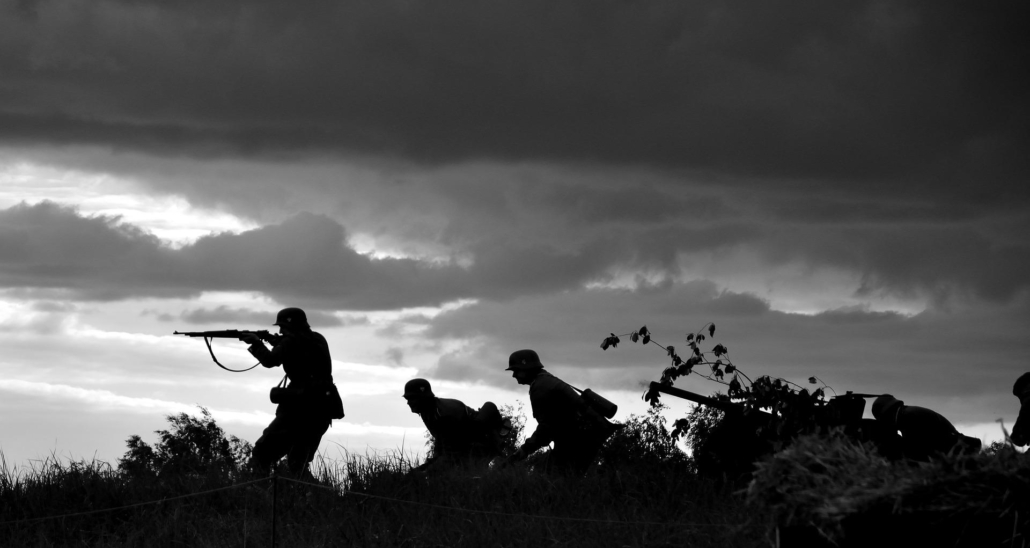
In the fall of 1940, Japan’s foreign minister, Yosuke Matsuoka, posed his country’s predicament starkly in a meeting with other senior officials. Japan could seek a return to cooperative relations with the United States and the United Kingdom, he noted, but only on those countries’ terms. This meant returning to “little Japan,” as the minister of war (and future prime minister), General Hideki Tojo, put it. To Japanese leaders at the time, that seemed intolerable, so much so that they risked a war that most of them believed they were likely to lose. The coming years would prove not only that going to war was a mistake but also that the Japanese would indeed have served their interests better by simply integrating themselves into the liberal order from the beginning, as they did quite successfully after the war.
Putin’s Russia has made much the same choice as did imperial Japan, Kaiser Wilhelm II’s Germany, and many other dissatisfied powers throughout history, and likely with the same end—eventual defeat. But Putin’s choice should hardly have come as a surprise. Washington’s protestations of goodwill, the billions of dollars it poured into the Russian economy, the care it took in the early post–Cold War years to avoid dancing on the Soviet Union’s grave—all this had no effect, because what Putin wanted could not be granted by the United States. He sought to reverse a defeat that could not be reversed without violent force, but he lacked the wherewithal to wage a successful war. He wanted to restore a Russian sphere of interest in central and eastern Europe that Moscow had lost the power to sustain.
The problem for Putin—and for those in the West who want to cede to both China and Russia their traditional spheres of interest—is that such spheres are not granted to one great power by other great powers; they are not inherited, nor are they created by geography or history or “tradition.” They are acquired by economic, political, and military power. They come and go as the distribution of power in the international system fluctuates. The United Kingdom’s sphere of interest once covered much of the globe, and France once enjoyed spheres of interest in Southeast Asia and much of Africa and the Middle East. Both lost them, partly due to an unfavorable shift of power at the beginning of the twentieth century, partly because their imperial subjects rebelled, and partly because they willingly traded in their spheres of interest for a stable and prosperous U.S.-dominated peace. Germany’s sphere of interest once extended far to the east. Before World War I, some Germans envisioned a vast economic Mitteleuropa, where the people of central and eastern Europe would provide the labor, resources, and markets for German industry. But this German sphere of interest overlapped with Russia’s sphere of interest in southeastern Europe, where Slavic populations looked to Moscow for protection against Teutonic expansion. These contested spheres helped produce both world wars, just as the contested spheres in East Asia had helped bring Japan and Russia to blows in 1904.
Russians may believe they have a natural, geographic, and historical claim to a sphere of interest in eastern Europe because they had it throughout much of the past four centuries. And many Chinese feel the same way about East Asia, which they once dominated. But even the Americans learned that claiming a sphere of interest is different from having one. For the first century of the United States’ existence, the Monroe Doctrine was a mere assertion—as hollow as it was brazen. It was only toward the end of the nineteenth century, when the country was able to enforce its claim, that the other great powers were grudgingly forced to accept it. After the Cold War, Putin and other Russians may have wanted the West to grant Moscow a sphere of interest in Europe, but such a sphere simply did not reflect the true balance of power after the Soviet Union fell. China may claim the “nine-dash line”—enclosing most of the South China Sea—as marking its sphere of interest, but until Beijing can enforce it, other powers are unlikely to acquiesce.
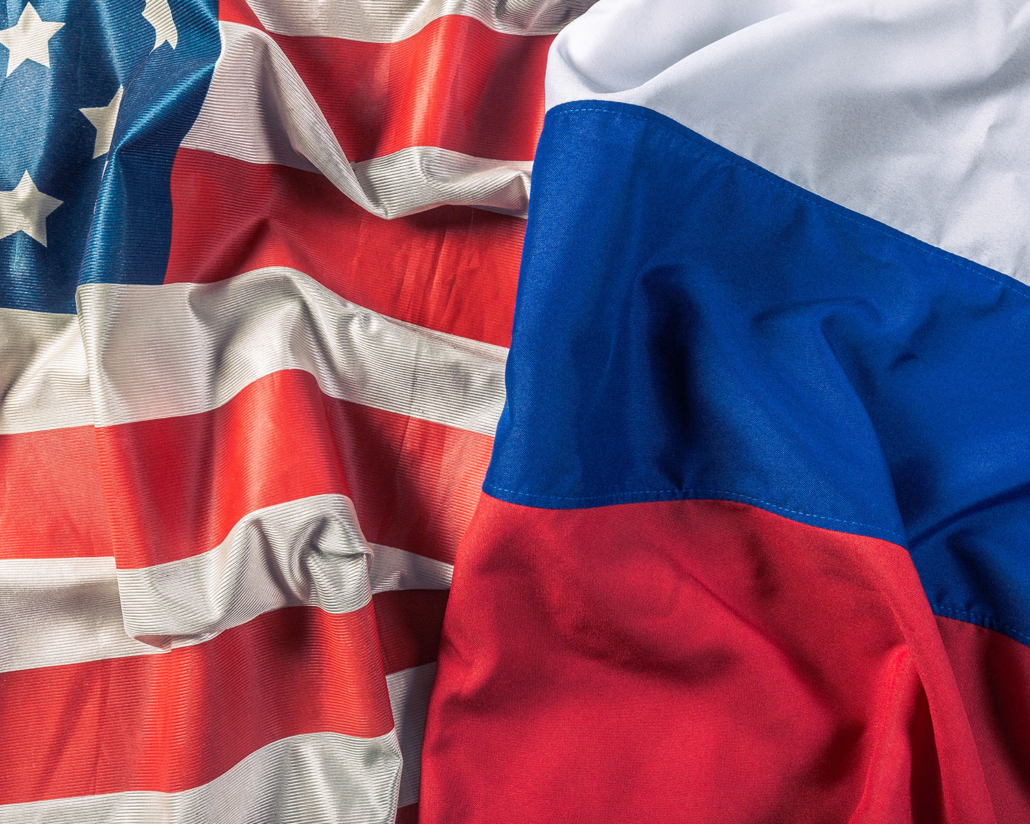
Some Western analysts nonetheless argued when the Cold War ended, and continue to argue now, that Washington and western Europe should have given in to Russia’s demand. But if Moscow could not enforce a sphere, then on what grounds should the West have acceded? Fairness? Justice? Spheres of interest are not about justice, and even if they were, consigning the Poles and other eastern Europeans to subservience to Moscow would have been a dubious justice. They knew what it was like to be under Moscow’s sway—the loss of independence, the imposition of rulers willing to take direction from the Kremlin, the squelching of individual liberties. The only way they would have accepted a return to Russia’s sphere was if they were compelled to by a combination of Russian pressure and the studied indifference of the West.
In fact, even if the United States had vetoed the accession of Poland and others to NATO, as some suggested at the time that it should have, the Balts, the Czechs, the Hungarians, and the Poles would have done everything they could to integrate themselves into the transatlantic community in every other possible way. They would have worked to join the global economy, to enter other Western-dominated international institutions, and to gain whatever commitment they could to their security—acts that almost certainly would have still antagonized Moscow. Once Putin began taking slices out of Ukraine (there would be no way for him to restore Russia to its previous great-power status without controlling Ukraine), the Poles and others would have come banging on NATO’s door. It seems unlikely that the United States and its allies would have continued to say no.
Russia’s problem was ultimately not just about its military weakness. Its problem was, and remains, its weakness in all relevant forms of power, including the power of attraction. At least during the Cold War, a communist Soviet Union could claim to offer the path to paradise on earth. Yet afterward, Moscow could provide neither ideology, nor security, nor prosperity, nor independence to its neighbors. It could offer only Russian nationalism and ambition, and eastern Europeans understandably had no interest in sacrificing themselves on that altar. If there was any other choice, Russia’s neighbors were bound to take it. And there was: the United States and its strong alliance, merely by existing, merely by being rich and powerful and democratic, offered a very good choice indeed.
Putin may want to see the United States as being behind all his troubles, and he is right that the country’s attractive power closed the door to some of his ambitions. But the real sources of his problems are the limitations of Russia itself and the choices that he has made not to accept the consequences of a power struggle that Moscow legitimately lost. Post–Cold War Russia, like Weimar Germany, never suffered an actual military defeat and occupation, an experience that might have produced a transformation of the sort that occurred in post–World War II Germany and Japan. Like the Weimar Republic, Russia was therefore susceptible to its own “stab-in-the-back myth” about how Russian leaders supposedly betrayed the country to the West. But although Russians can cast blame in any number of directions—at Gorbachev, at Yeltsin, and at Washington—the fact is that Russia enjoyed neither the wealth and power nor the geographic advantages of the United States, and it was therefore never suited to be a global superpower. Moscow’s efforts to sustain that position ultimately bankrupted its system financially and ideologically—as may well be happening again.
SOONER OR LATER
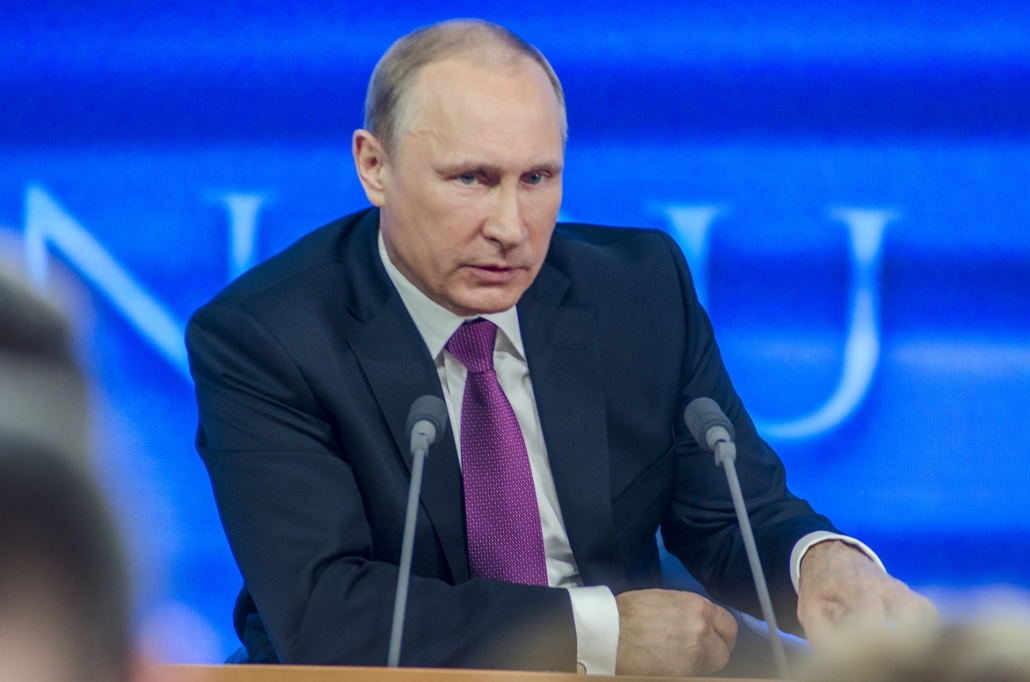
Observers used to say that Putin played a bad hand skillfully. It is true that he read the United States and its allies correctly for many years, pushing forward just enough to achieve limited goals without sparking a dangerous reaction from the West, up until this latest invasion. But even so, he had help from the United States and its allies, which played a strong hand poorly. Washington and Europe stood by as Putin increased Russian military capabilities, and they did little as he probed and tested Western resolve, first in Georgia in 2008 and then in Ukraine in 2014. They didn’t act when Putin consolidated Russia’s position in Belarus or when he established a robust Russian presence in Syria, from which his weapons could reach the southeastern flank of NATO. And if his “special military operation” in Ukraine had gone as planned, with the country subdued in a matter of days, it would have been a triumphant coup, the end of the first stage of Russia’s comeback and the beginning of the second. Rather than excoriating him for his inhumane folly, the world would again be talking about Putin’s “savvy” and his “genius.”
Thankfully, that was not to be. But now that Putin has made his mistakes, the question is whether the United States will continue to make its own mistakes or whether Americans will learn, once again, that it is better to contain aggressive autocracies early, before they have built up a head of steam and the price of stopping them rises. The challenge posed by Russia is neither unusual nor irrational. The rise and fall of nations is the warp and woof of international relations. National trajectories are changed by wars and the resulting establishment of new power structures, by shifts in the global economy that enrich some and impoverish others, and by beliefs and ideologies that lead people to prefer one power over another. If there is any blame to be cast on the United States for what is happening in Ukraine, it is not that Washington deliberately extended its influence in eastern Europe. It is that Washington failed to see that its influence had already increased and to anticipate that actors dissatisfied with the liberal order would look to overturn it.
For the 70-plus years since World War II, the United States has actively worked to keep revisionists at bay. But many Americans hoped that with the end of the Cold War, this task would be finished and that their country could become a “normal” nation with normal—which was to say, limited—global interests. But the global hegemon cannot tiptoe off the stage, as much as it might wish to. It especially cannot retreat when there are still major powers that, because of their history and sense of self, cannot give up old geopolitical ambitions—unless Americans are prepared to live in a world shaped and defined by those ambitions, as it was in the 1930s.
Americans are part of a never-ending power struggle, whether they wish to be or not.
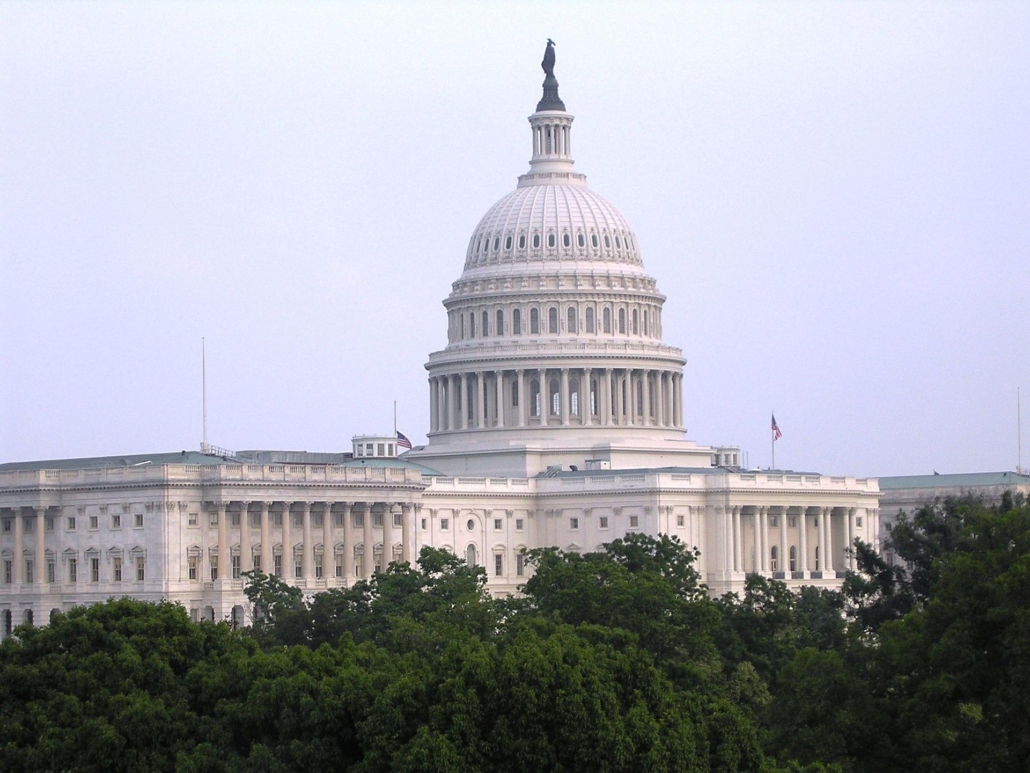
The United States would be better served if it recognized both its position in the world and its true interest in preserving the liberal world order. In the case of Russia, this would have meant doing everything possible to integrate it into the liberal order politically and economically while deterring it from attempting to re-create its regional dominance by military means. The commitment to defend NATO allies was never meant to preclude helping others under attack in Europe, as the United States and its allies did in the case of the Balkans in the 1990s, and the United States and its allies could have resisted military efforts to control or seize land from Georgia and Ukraine. Imagine if the United States and the democratic world had responded in 2008 or 2014 as they have responded to Russia’s latest use of force, when Putin’s military was even weaker than it has proved to be now, even as they kept extending an outstretched hand in case Moscow wanted to grasp it. The United States ought to be following the same policy toward China: make clear that it is prepared to live with a China that seeks to fulfill its ambitions economically, politically, and culturally but that it will respond effectively to any Chinese military action against its neighbors.
It is true that acting firmly in 2008 or 2014 would have meant risking conflict. But Washington is risking conflict now; Russia’s ambitions have created an inherently dangerous situation. It is better for the United States to risk confrontation with belligerent powers when they are in the early stages of ambition and expansion, not after they have already consolidated substantial gains. Russia may possess a fearful nuclear arsenal, but the risk of Moscow using it is not higher now than it would have been in 2008 or 2014, if the West had intervened then. And it has always been extraordinarily small: Putin was never going to obtain his objectives by destroying himself and his country, along with much of the rest of the world. If the United States and its allies—with their combined economic, political, and military power—had collectively resisted Russian expansionism from the beginning, Putin would have found himself constantly unable to invade neighboring countries.
Unfortunately, it is very difficult for democracies to take action to prevent a future crisis. The risks of acting now are always clear and often exaggerated, whereas distant threats are just that: distant and so hard to calculate. It always seems better to hope for the best rather than try to forestall the worst. This common conundrum becomes even more debilitating when Americans and their leaders remain blissfully unconscious of the fact that they are part of a never-ending power struggle, whether they wish to be or not.
But Americans should not lament the role they play in the world. The reason the United States has often found itself entangled in Europe, after all, is because what it offers is genuinely attractive to much of the world—and certainly better when compared with any realistic alternative. If Americans learn anything from Russia’s brutalization of Ukraine, it should be that there really are worse things than U.S. hegemony.

